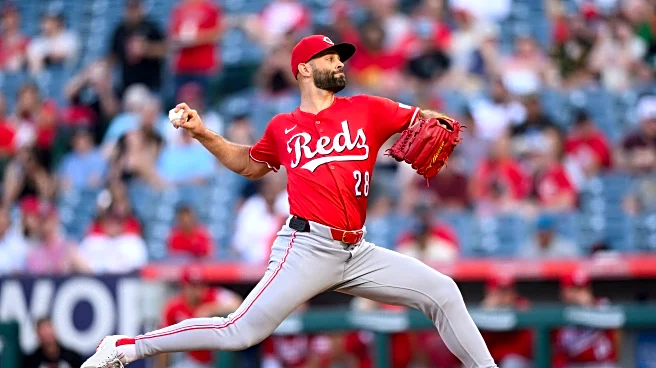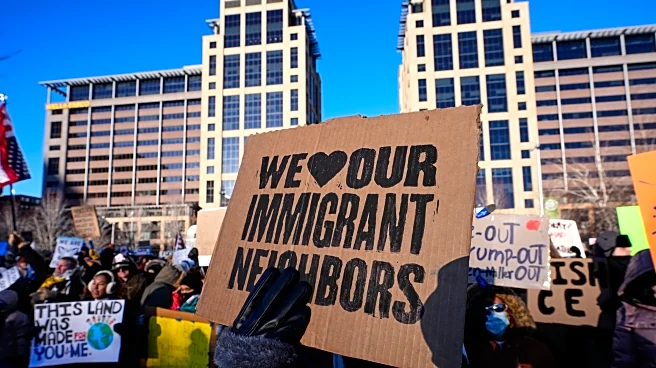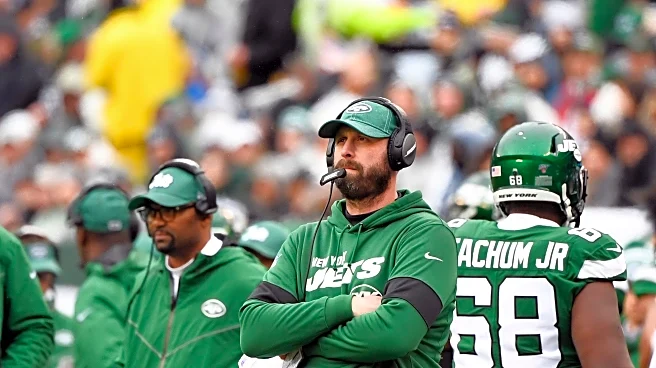Rapid Read • 7 min read
Daytime talk shows in the late 1990s and early 2000s became cultural phenomena, blending drama, confessions, and authentic stories. Shows like 'The Oprah Winfrey Show' and 'The Jerry Springer Show' defined the era, providing platforms for marginalized voices and discussing societal issues. These programs attracted millions of viewers, offering entertainment while addressing topics such as race, identity, and empowerment. The genre's ability to connect with audiences through relatable content and dramatic storytelling has left a lasting legacy in television history.
AD
The impact of classic daytime talk shows extends beyond entertainment, influencing public discourse and cultural norms. Programs like 'The Oprah Winfrey Show' have empowered viewers by addressing important social issues and promoting understanding. The genre's focus on authenticity and drama has shaped audience expectations and contributed to the evolution of reality television. These shows have also highlighted the role of media in providing a voice to diverse communities and fostering dialogue on pressing societal challenges.
The legacy of classic daytime talk shows may inspire new formats and approaches in television programming. As media consumption habits shift, networks might explore innovative ways to engage audiences through digital platforms and interactive content. The genre's emphasis on storytelling and social issues suggests that future talk shows will continue to address relevant topics, adapting to changing cultural landscapes and viewer preferences.
The cultural significance of daytime talk shows lies in their ability to reflect and influence societal attitudes. By providing a platform for diverse voices, these programs have contributed to the democratization of media and the representation of marginalized communities. The genre's focus on personal stories and social issues underscores the potential for television to drive social change and foster empathy among audiences.
AD
More Stories You Might Enjoy












